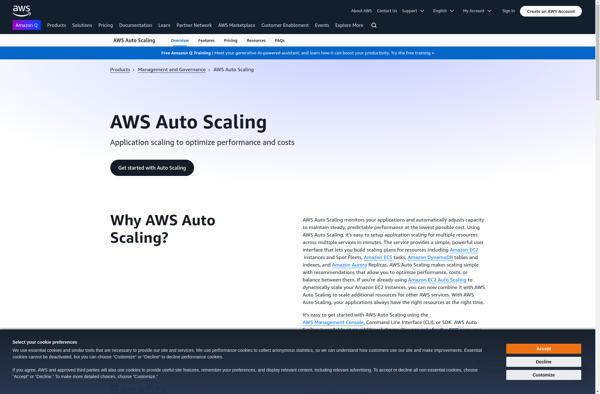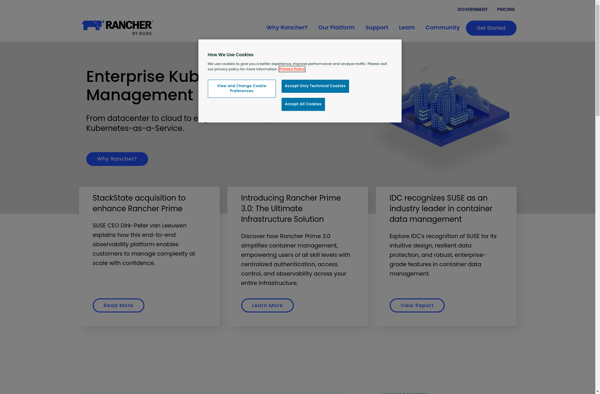AWS Auto Scaling

AWS Auto Scaling: Automates EC2 Capacity Scaling
AWS Auto Scaling automatically scales Amazon EC2 capacity to maintain application availability and performance at the lowest possible cost. It dynamically launches and terminates EC2 instances based on user-defined policies, schedules, and health checks.
What is AWS Auto Scaling?
AWS Auto Scaling is a service that automatically scales Amazon EC2 capacity to maintain application availability and performance at the lowest possible cost. It allows you to automatically scale your Amazon EC2 capacity up or down according to conditions you define.
With Auto Scaling, you can ensure that the number of Amazon EC2 instances you're using scales up seamlessly during demand spikes to maintain performance, and scales down automatically during demand lulls to minimize costs. Auto Scaling is particularly well suited for applications that experience hourly, daily, or weekly variability in usage.
Auto Scaling uses specified metrics and target values to determine when to launch or terminate EC2 instances. For example, you can specify that Auto Scaling keeps your usage at a certain level during business hours, and then drops by a set amount after hours. Auto Scaling will then automatically launch and terminate instances based on the defined schedule.
Auto Scaling can also perform automatic scaling based on dynamic parameters like CPU utilization levels or available network bandwidth. By automatically adding capacity during demand spikes, Auto Scaling helps maintain consistent performance at the lowest possible cost.
AWS Auto Scaling Features
Features
- Automatic scaling of EC2 instances based on user-defined policies
- Dynamic scaling to maintain application availability and performance
- Supports scaling based on metrics, schedules, and health checks
- Integrates with other AWS services like CloudWatch and Elastic Load Balancing
- Provides cost optimization by maintaining the optimal number of instances
Pricing
- Pay-As-You-Go
Pros
Cons
Official Links
Reviews & Ratings
Login to ReviewThe Best AWS Auto Scaling Alternatives
Top Ai Tools & Services and Cloud Computing and other similar apps like AWS Auto Scaling
Here are some alternatives to AWS Auto Scaling:
Suggest an alternative ❐Rancher

OpenShift

Qovery

Holori
